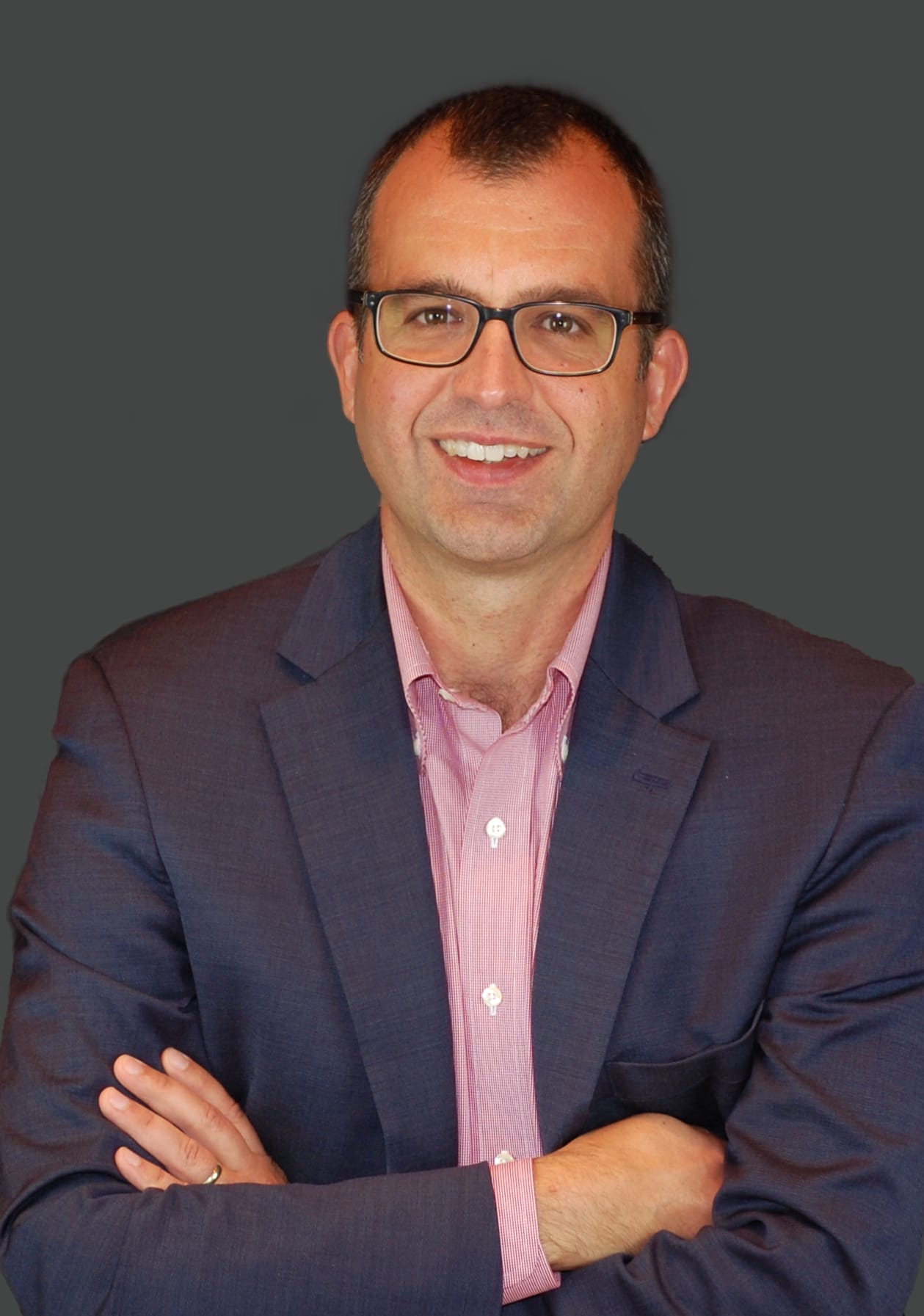Financial Therapy Association Case Study: Part II
If you did read it, you may recall that the presenting issue that I was most interested in concerned a young gay couple about to receive a gift from a parent that had some hefty strings attached.

To recap, I’m discussing the case study from the 2024 Financial Therapy Association conference. If you didn’t read Part I, it’s likely worth going back and reading that article. If you did read it, you may recall that the presenting issue that I was most interested in concerned a young gay couple about to receive a gift from a parent that had some hefty strings attached.
There were 3 separate one-hour sessions devoted to this case study at the conference. The first dealt with financial issues from a technical perspective, and gave the financial planners present the chance to exercise their planning chops. The second dealt with the therapeutic concerns, and gave the therapists present their chance to shine. The third, which I had to miss to attend my cousin’s wedding, brought the two disciplines together.
The first session brought a couple things to my attention:
1. A few of the financial planners in the room jumped to technical solutions, such as trusts, in pursuit of a solution that would bypass behavioural and emotional concerns. I understand the inclination here, and it is sometimes possible to ‘engineer’ our way out of navigating human behavourial problems. However, I don’t see this as problem solving. Only solving the technical problem still leaves other issues unsolved. You’ll end up building a financial plan on a house of cards.
2. A few folks in the room (both planners and therapists) grappled with the question of whether they could work with these clients. Working with a couple who isn’t necessarily on the same page about money isn’t necessarily optimal. Some of the folks in the room were self-aware enough to be aware of their own biases and may not have been comfortable working with a gay couple.
It was in the second session that I really had my eyes opened. In that session, the therapists were encouraged to bring their full suite of tools to bear. Some of my takeways:
1. It’s been at least a decade since I started adding human behaviour content to the financial planning curriculum for which I was responsible. In that time, I’ve dug into several methods and schools of therapy, including solution-focused therapy, motivational interviewing, the transtheoretical model of change, and positive psychology. The therapy professionals in the room suggested several other approaches. They were aware of the pros and cons of the various methods. They demonstrated the same type of proficiency in therapeutic models as I would expect from proficient financial planners. I can see the difference between my dabbling here and there, and the professionals in the room who have honed their skills in both practice and academia.
2. The willingness of the therapists to dig into some very challenging areas should probably not have surprised me, but it did. We had discussions at my table about Nick and Daniel’s journeys to queerness. Nick’s relationship with his parents was going to get a lot of attention. This was a healthy reminder that the planner might have some tools and some willingness to go beyond the technical stuff but will have a hard time matching the breadth and depth of investigation that the therapist will bring to bear.
Financial planning is a new-ish practice (roughly 60 years of history) and financial therapy is a very new practice (maybe 15 years of history). It’s educational watching the two fields try to figure out how to work together. The inclination here is that planners are going to view problems as having planning solutions, and therapists are going to view problems as having therapeutic solutions.
Not to put words or thoughts in the authors’ heads, but I suspect the intention here was to build a case where planning solutions weren’t likely to work in the absence of work with a therapy professional. Coming at this from a planning perspective, this is useful to see. Anybody who knows me knows that I want an algorithm to show me when to take the left fork vs the right fork. I don’t think either profession is mature enough yet to get that algorithm built. Case studies and conferences like this one will help get us there, though.
I’ve paid my conference fees and booked my flights to attend FTA 2025. I believe we’ll get that much closer to solving this issue of the interactions between planning and therapy. I know I’ll learn more at this conference than any other conference I’ll attend in 2025. Also, as I write this, I’ve just received word that I’ve been invited to join FTA’s Membership Committee. If you’re interested in becoming an FTA member, or attending the conference, please reach out to me.



Discussion